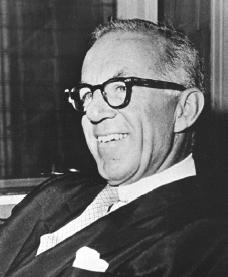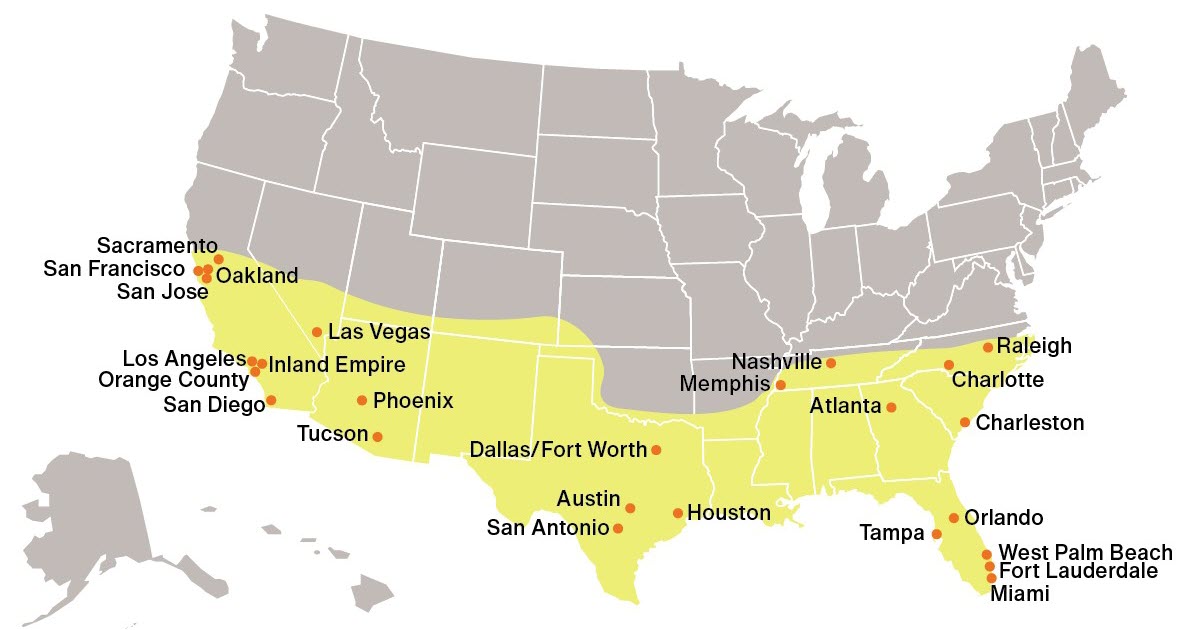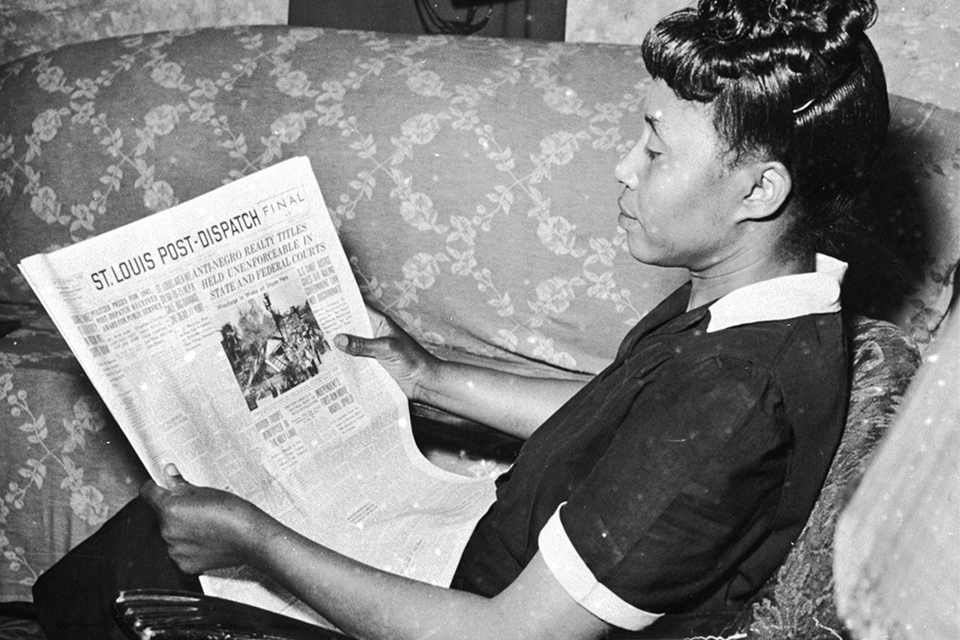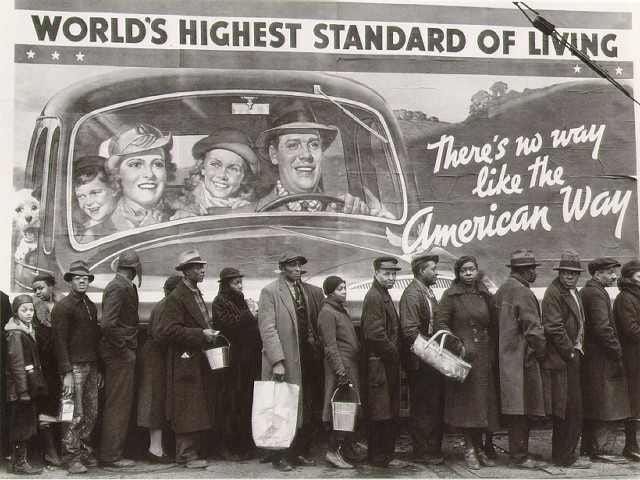A term for a young adult. American youth culture, focused on the spreading power of the "teenager," emerged as a cultural phenomenon in the post war decades.
Teenager
A 1959 debate over the merits of their rival systems between U.S. Vice President Richard Nixon and Soviet premier Nikita Khrushchev at the opening of an American exhibition in Moscow.
Kitchen Debate
American evangelist whose large-scale preaching missions and friendship with U.S. Presidents brought him to international prominence.
Billy Graham (1918-2018)

A 1956 law authorizing the construction of a national highway system.
National Interstate And Defense Highways Act

An international bank created to provide loans for the reconstruction of war-torn Europe as well as for the development of former colonized nations in the developing world.
World Bank

The surge in the American birthrate between 1945 and 1965, which peaked in 1957 with 4.3 million births.
Baby Boom
A 1962 book by left-wing social critic Micheal Harrington, chronicling "the economic underworld of American life." His study made it clear that in economic terms the bottom class remained far behind.
The Other America
The most influential jazz musician in the post World War II period, being at the forefront of changes in the genre for more than 40 years.
Miles Davis (1926-1991)

An international conference in New Hampshire in July 1944 that established the World Bank and the International Monetary Fund (IMF).
Bretton Woods

A fund established to stabilize currencies and provide a predictable monetary environment for trade, with the U.S. dollar serving as the benchmark.
International Monetary Fund (IMF)
Being multicultural and showing aspects or experience from across the world.
Cosmopolitan
A federal agency that assists former soldiers. Following World War II, the VA helped veterans purchase new homes with no down payment, sparking a building boom that created jobs in the construction industry and fueling consumer spending in home appliances and automobiles.
Veterans Administration
United States pediatrician whose many books on child care influenced the upbringing of children around the world.
Dr. Benjamin Spock (1903-1998)

Informal name for the National Advisory Commission on Civil Disorders, formed by the president to investigate the causes of the 1967 urban riots. Its 1968 report warned that “our nation is moving toward two societies, one black, one white, separate and unequal.”
Kerner Commission

Name applied to the Southwest and South, which grew rapidly after World War II as a center of defense industries and non-unionized labor.
Sunbelt

Representing worldwide Christian unity.
Ecumenical
The world’s first satellite, launched by the Soviet Union in 1957. After its launch, the United States funded research and education to catch up in the Cold War space competition.
Sputnik
Dwight D. Eisenhower (1890-1961)

A 1948 Supreme Court decision that outlawed restrictive covenants on the occupancy of housing developments by African Americans, Asian Americans, and other minorities. Because the Court decision did not actually prohibit racial discrimination in housing, unfair practices against minority groups continued until passage of the Fair Housing Act in 1968.
Shelly v. Kraemer

A process of negotiation between labor unions and employers, which after World War II translated into rising wages, expanding benefits, and an increasing rate of home ownership.
Collective Bargaining

A small group of literary figures based in New York City and San Francisco in the 1950s who rejected mainstream culture and instead celebrated personal freedom, which often included drug consumption and casual sex.
Beats
A term President Eisenhower used to refer to the military establishment and defense contractors who, he warned, exercised undue influence over the national government.
Military-Industrial Complex
Visionary poet and founding father of the beat generation, inspired by the American counterculture of the 20th century.
Allen Ginsberg (1926-1997)

A 1958 act, passed in response to the Soviet launching of the Sputnik satellite, that funneled millions of dollars into American universities, helping institutions such as the University of California at Berkeley and the Massachusetts Institute of Technology, among others, become the leading research centers in the world.
National Defense Education Act

A 1958 book by John Kenneth Galbraith that analyzed the nation’s successful middle class and argued that the poor were only an “afterthought” in the minds of economists and politicians.
The Affluent Society
